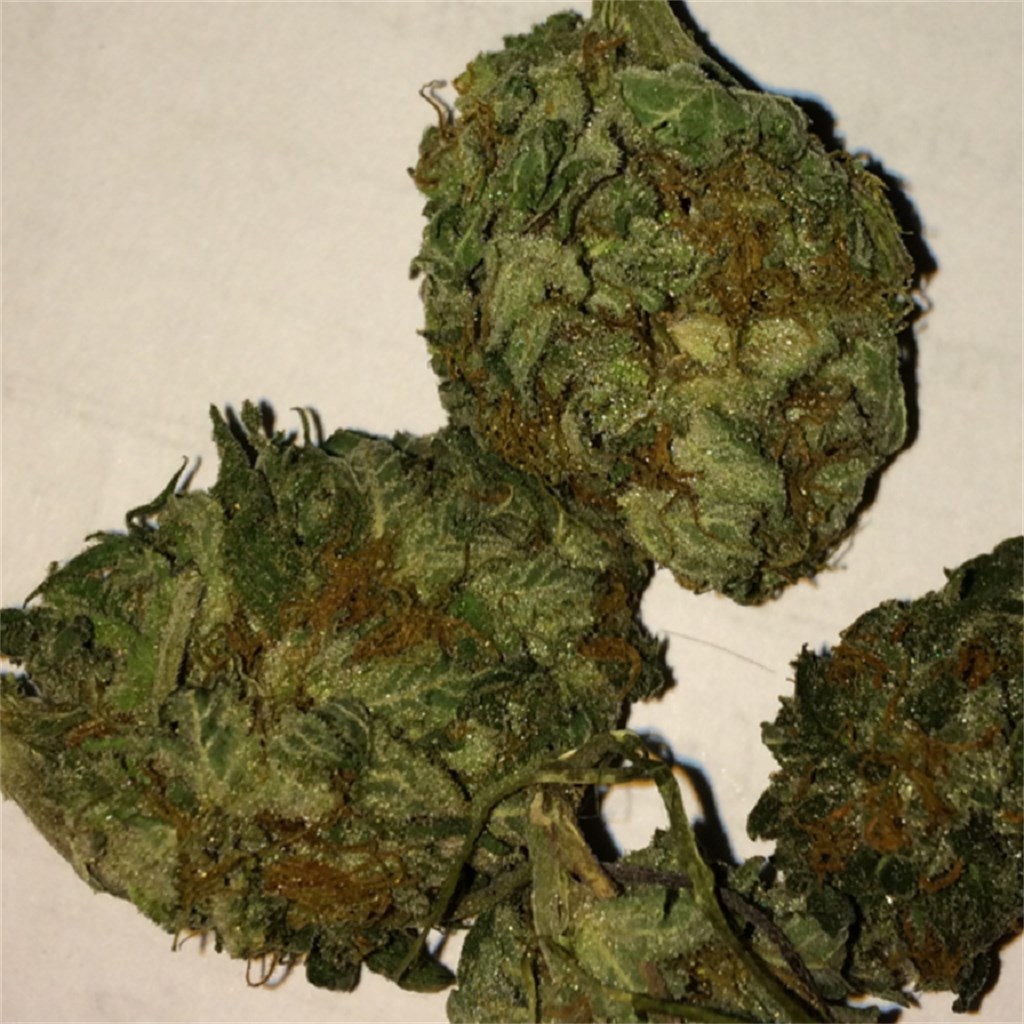The Middle East has long been associated with strict laws and cultural norms that prohibit the use of intoxicants, including marijuana. However, in recent years, a significant shift has begun to take place. As global attitudes towards cannabis evolve, the Middle East is witnessing the slow but steady emergence of marijuana markets. This blog post explores how these markets are developing, the factors driving this change, and the challenges that lie ahead.
1. Introduction: A New Era for Cannabis in the Middle East
Traditionally, the Middle East has upheld stringent regulations against drug use, with marijuana being no exception. The region’s legal frameworks are heavily influenced by cultural and religious beliefs that view intoxicants as immoral. However, changing global perspectives, economic diversification efforts, and increasing awareness of cannabis’s potential benefits are contributing to a gradual shift in this stance.

2. Factors Driving the Emergence of Marijuana Markets
a. Medical Marijuana: A Growing Acceptance
One of the primary drivers behind the emergence of marijuana markets in the Middle East is the increasing acceptance of medical cannabis. Countries like Israel have been at the forefront of cannabis research, demonstrating its potential in treating various medical conditions such as epilepsy, chronic pain, and multiple sclerosis. This pioneering work has inspired neighboring countries to explore the medical benefits of cannabis, leading to the legalization of medical marijuana in places like Lebanon and the United Arab Emirates (UAE).
b. Economic Diversification Efforts
Many Middle Eastern countries, particularly those in the Gulf Cooperation Council (GCC), are seeking to diversify their economies away from oil dependency. The cannabis industry presents a lucrative opportunity for economic growth, investment, and job creation. By investing in cannabis cultivation, processing, and distribution, these countries can tap into a global market that is projected to grow exponentially in the coming years.
c. Changing Public Perception
Public perception of marijuana is gradually shifting, especially among younger generations. Increased access to information through the internet and social media has played a crucial role in educating the public about the potential benefits of cannabis. This growing awareness is helping to reduce the stigma associated with marijuana use, paving the way for more open discussions about its legalization and commercialization.

3. Key Developments in the Middle Eastern Cannabis Market
a. Israel: A Pioneer in Cannabis Research
Israel is often cited as a leader in medical cannabis research. The country has established a comprehensive regulatory framework that allows for the cultivation, research, and distribution of medical marijuana. Israeli researchers have made significant contributions to understanding the therapeutic benefits of cannabis, positioning the country as a global hub for cannabis innovation.
b. Lebanon: Embracing Medical Cannabis
Lebanon has taken significant steps towards legalizing medical marijuana. In 2020, the country launched its first medical cannabis program, allowing patients with qualifying conditions to access cannabis-based treatments. This move is part of Lebanon’s broader strategy to diversify its economy and attract foreign investment.
c. United Arab Emirates: Exploring Hemp Cultivation
While the UAE maintains strict laws against recreational marijuana use, it has shown interest in hemp cultivation and its industrial applications. The country is exploring the potential of hemp to contribute to sectors like textiles, construction, and cosmetics, aligning with its economic diversification goals.
4. Challenges Hindering the Growth of Marijuana Markets
a. Stringent Legal Frameworks
Despite the positive developments, the legal landscape for marijuana in the Middle East remains challenging. Many countries still enforce harsh penalties for cannabis possession, use, and distribution. Establishing a regulated market requires comprehensive legal reforms, which can be a slow and contentious process.
b. Cultural and Religious Opposition
Cultural and religious beliefs play a significant role in shaping public opinion and policy in the Middle East. Islam, the predominant religion in the region, generally prohibits the use of intoxicants, including cannabis. Overcoming these deeply ingrained beliefs poses a considerable challenge for advocates of cannabis legalization.
c. Infrastructure and Expertise
Developing a robust cannabis market requires substantial infrastructure, including cultivation facilities, processing plants, and distribution networks. Additionally, expertise in cannabis cultivation and product development is limited in the region, necessitating investment in education and training programs.
d. Political Instability
Political instability and regional conflicts can deter investment and disrupt market growth. Countries facing ongoing conflicts may find it difficult to prioritize cannabis market development, as immediate security concerns take precedence over economic diversification efforts.

5. The Road Ahead: Opportunities and Future Prospects
Potential for Regional Collaboration
There is significant potential for regional collaboration in developing cannabis markets. By sharing knowledge, resources, and best practices, Middle Eastern countries can accelerate the establishment of their cannabis industries. Collaborative efforts can also help in addressing common challenges, such as regulatory harmonization and combating illegal cannabis trade.
Investment Opportunities
The emerging cannabis markets in the Middle East present attractive investment opportunities for both local and international investors. From cultivation and processing to retail and research, various segments of the cannabis industry offer potential for growth and profitability. Strategic investments can help build the necessary infrastructure and drive innovation in the sector.
Public Health and Education
To ensure the responsible development of cannabis markets, public health initiatives and education programs are essential. Educating the public about the benefits and risks of cannabis use, promoting safe consumption practices, and reducing stigma through awareness campaigns can foster a more informed and healthier society.
Technological Advancements
Embracing technological advancements can enhance the efficiency and quality of cannabis production. Innovations such as precision agriculture, automated processing systems, and advanced quality control measures can position Middle Eastern cannabis markets as competitive players in the global industry.
Conclusion:
A Balanced Approach to Cannabis Market Development
The emergence of marijuana markets in the Middle East marks a significant shift in the region’s approach to cannabis. While the journey is fraught with challenges, the potential economic and medical benefits provide a compelling case for continued exploration and investment. A balanced approach that respects cultural values while embracing economic innovation is crucial for the sustainable development of cannabis markets in the Middle East.
As the global landscape continues to evolve, the Middle East stands at a pivotal moment. With strategic planning, international collaboration, and a focus on education and public health, the region can navigate the complexities of cannabis market development and unlock new opportunities for growth and prosperity.
7. Final Thoughts
Breaking the taboo surrounding marijuana in the Middle East is not an overnight process. It requires concerted efforts from governments, businesses, and society at large to shift perceptions and create a conducive environment for cannabis markets to thrive. However, the progress made so far indicates a promising future where cannabis can play a meaningful role in the region’s economic and medical landscape.

